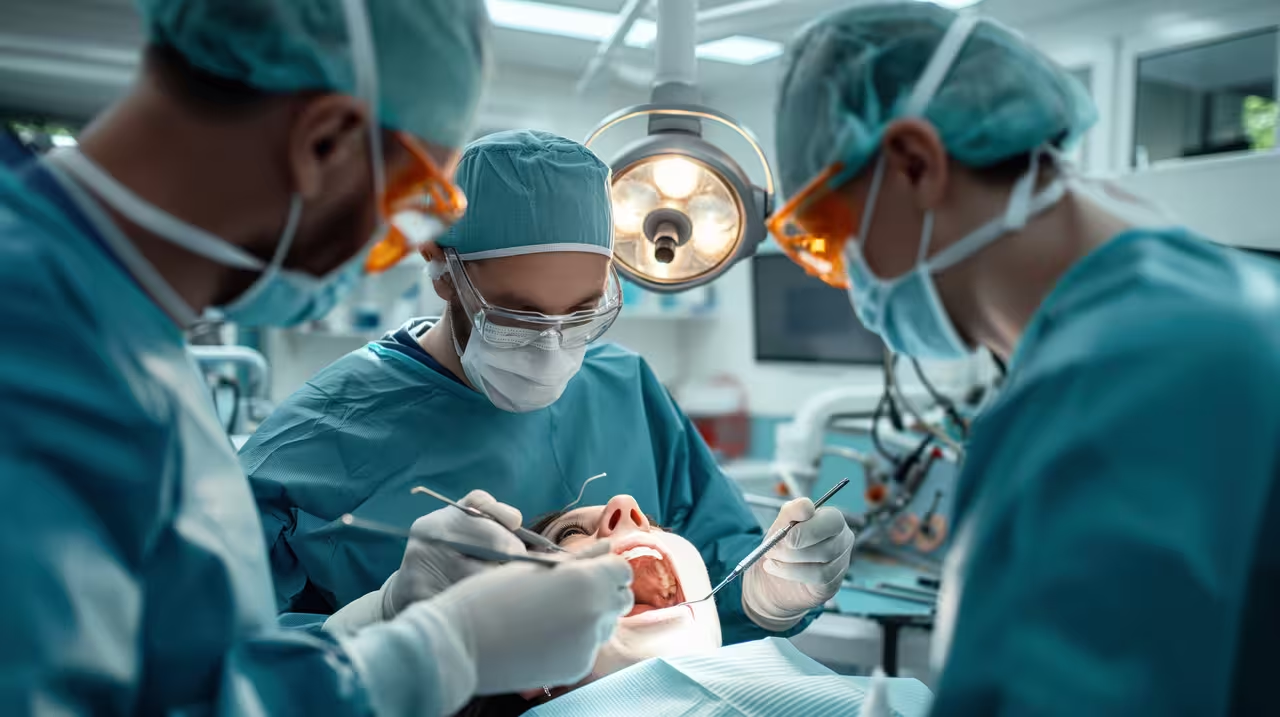Oral Surgery in Hawthorne, CA
Expert Surgical Care for Restoring Oral Health
At Schnierow Dental Care, we provide comprehensive oral surgery services under one roof. Our highly trained team—including a dedicated oral surgeon—offers advanced treatments to relieve pain, preserve natural teeth when possible, and restore oral health and function. From routine extractions to more complex surgical procedures, we are committed to delivering safe, comfortable, and effective care for every patient.


FAQs About Oral Surgery
Question text goes here
Answer text goes here
Is oral surgery painful?
No. We use anesthesia and sedation to make procedures as comfortable as possible. Some soreness is expected afterward, but it is manageable with medication.
When is a coronectomy better than a full extraction?
A coronectomy may be recommended if the roots of a tooth are close to the nerves in the jaw, particularly with impacted wisdom teeth.
How long is recovery after oral surgery?
Most patients recover in a few days to a week, depending on the complexity of the procedure. We provide detailed aftercare instructions to promote healing.
Do you place dental implants in-house?
Yes. Our surgeons perform dental implant surgery and supporting procedures such as bone grafting.
Can I use insurance for oral surgery?
Yes. We accept all PPO insurance plans as well as Medi-Cal, and financing is available through options like CareCredit, Sunbit, and Cherry.

Restore Health with Expert Oral Surgery
If you need oral surgery in Hawthorne, Torrance, or the surrounding Los Angeles area, trust the experienced team at Schnierow Dental Care. Call us at (310) 377-6453 or contact us online to request a consultation today.
Phone
Office Info
- Open Late & Saturdays
- Se habla español
.avif)
